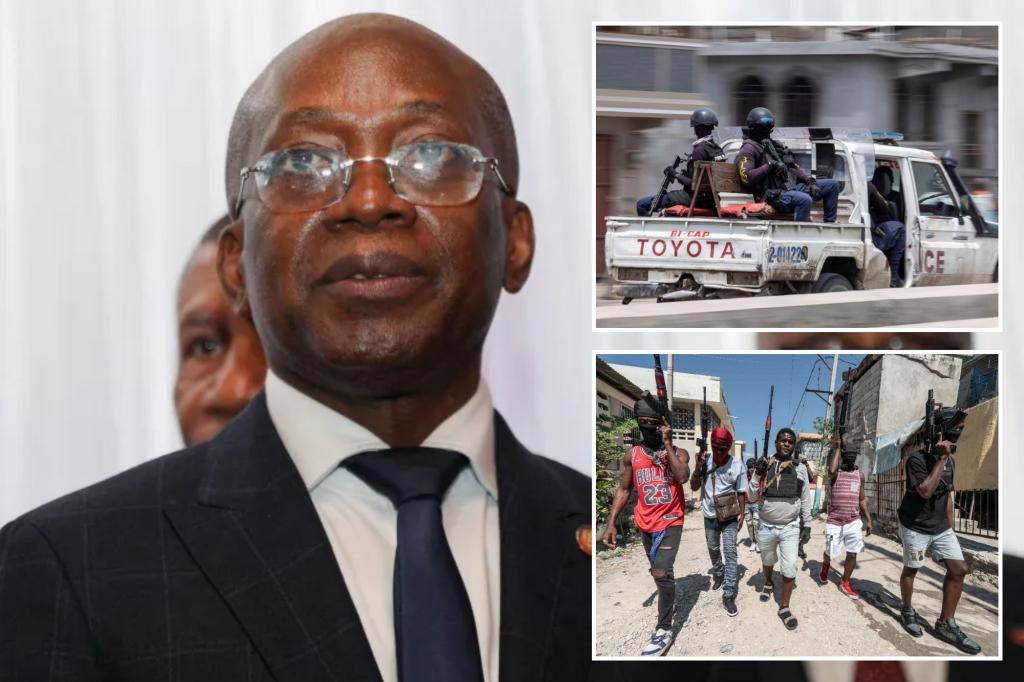Haiti’s transition council has officially taken power, replacing former Prime Minister Ariel Henry as the country aims to address long-standing issues with gang violence and security. The transition council, including interim Prime Minister Michel Patrick Boisvert, has been sworn in and will work towards appointing a new head of government, cabinet, and a provisional electoral council to organize future elections.
The focus of the transition council will be on addressing security concerns, initiating a national consultation on constitutional reform, preparing for elections, rebuilding the judiciary system, and revitalizing the economy. The collapse of institutions and failure of the previous government have left Port-au-Prince residents feeling like hostages. Individuals have recognized the urgent need for strong leadership to navigate the crisis and rebuild the country.
In addition to ongoing violence in the capital, armed gangs have continued to create chaos and sought to undermine the authority of Henry and the government. The transition council faces challenges from different factions vying for power and must work to unite and govern effectively during this critical time. The council will need to make decisions swiftly to address the urgent issues facing the country.
The multinational security mission requested by Henry is seen as essential for restoring security and facilitating future elections. However, the mission is currently facing funding and troop shortages, raising concerns about its effectiveness and potential impact on the country. Foreign diplomats have emphasized the importance of restoring security and providing humanitarian aid to alleviate the suffering of the Haitian population.
Despite the challenges ahead, there are high hopes that the new transitional government will be able to address pressing issues, restore security, and pave the way for future elections. It is crucial for the council to implement governance reforms swiftly and transparently to demonstrate their commitment to rebuilding the country and breaking with the past. The involvement of international partners, including Kenya, will be vital in supporting Haiti during this critical transition period.
With millions of Haitians facing hunger and displaced due to violence, the transitional government faces significant challenges in providing essential services and restoring basic infrastructure. Hope remains that the council, with the support of the international community, can bring stability and security to the country, ultimately leading to a brighter future for Haiti. The collective efforts of the government, international partners, and the Haitian people will be crucial in navigating the complex interregnum and shaping a new path towards progress and development.


